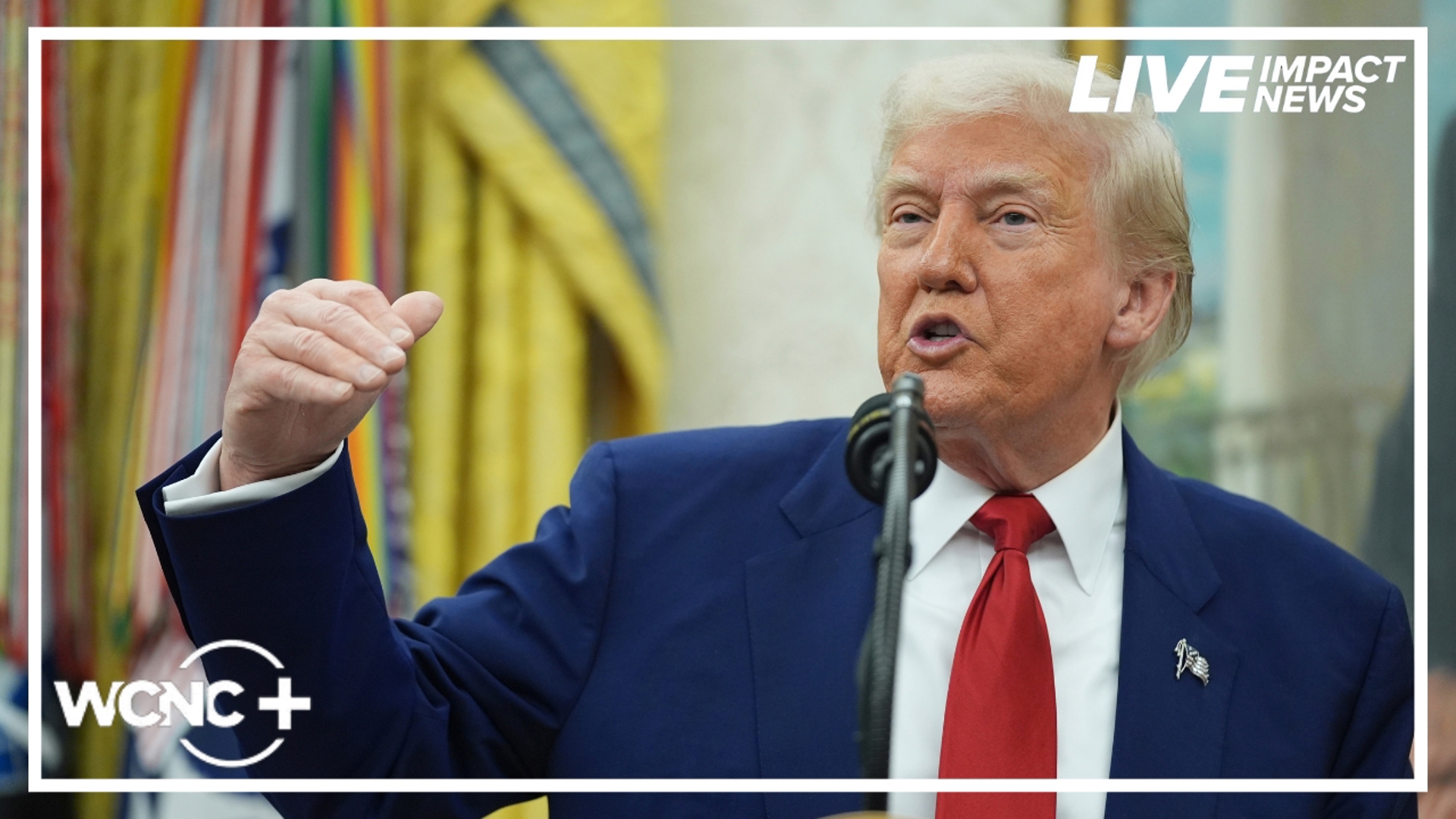Negotiations between Harvard University and the Trump administration have stalled derailing what some had hoped would be a quick resolution to a deepening standoff.
According to Bloomberg, discussions hit a wall last week, despite earlier optimism voiced by President Donald Trump, who had described the potential terms of a settlement as “mindbogglingly historic” and praised Harvard for acting “extremely appropriately” during talks.
The breakdown in talks follows an aggressive escalation from the federal government. On June 24, the administration informed Harvard that it had found the university in “violent violation” of Title VI of the Civil Rights Act. The conclusion followed a federal investigation into Harvard’s handling of complaints from Jewish and Israeli students, according to a letter obtained by The Wall Street Journal.
STORY CONTINUES BELOW THIS AD
Federal probe accuses Harvard of ‘deliberate indifference’
A task force established by the Trump administration claimed that Harvard knowingly allowed antisemitic harassment to fester on campus. The report alleged that Jewish and Israeli students were assaulted, spat upon and subjected to pervasive antisemitic imagery, including graffiti replacing the Star of David with a swastika and posters featuring dollar signs inside the Jewish symbol.
The investigators further asserted that Harvard had acted with “deliberate indifference” and in some cases even “willfully participated” in the climate of hostility. They cited two years of inaction by university leadership, during which affected students reportedly concealed their identities for fear of retaliation, the Wall Street Journal had reported earlier.
Harvard rejects allegations, cites proactive measures
Harvard has firmly pushed back against the government’s findings. In a public response, a university spokesperson stated that the school “strongly disagrees with the government’s conclusions” and that it “is far from indifferent” to antisemitism.
The university highlighted recent initiatives aimed at improving campus climate, such as disciplinary actions against violators, encouragement of civil discourse, and internal reports released in April addressing both antisemitism and anti-Muslim bias, the Harvard Magazine said in an article in May.
President Alan Garber also publicly defended Harvard’s response to the crisis, suggesting that the administration’s demands, such as federal oversight of admissions and hiring, were unacceptable. In an interview with NBC, Garber emphasised that “the stakes are so high that we have no choice” but to contest the measures through legal means.
Federal funding freeze and tax threats deepen crisis
In retaliation for Harvard’s refusal to comply with sweeping federal demands, the Trump administration has already frozen over $2.6 billion in federal research grants. According to The Economic Times, additional threats include revoking Harvard’s tax-exempt status and blocking the university from enrolling foreign students.
These sanctions place Harvard’s international operations — representing 25 per cent of its student body — in jeopardy, forcing the school to consider remote study options and temporary relocations, such as a partnership with the University of Toronto.
The administration has also invoked a Cold War-era statute to suggest that Harvard’s enrollment of international students could pose a national security risk, a move that Harvard is aggressively challenging in court, the Harvard Magazine reported.
Legal battles escalate as Harvard challenges retaliation
Harvard has responded to the sanctions with multiple federal lawsuits, claiming the government’s actions constitute unconstitutional retaliation for defending free speech on campus. In a filing, the university’s lawyers argued that the funding freeze lacks “reasoned decision making” and endangers critical research, including projects tied to public health and national security, The Hill said in a report last month.
A key court hearing is set for July 21, with Harvard seeking an injunction to unfreeze the halted funds and a summary judgment by September 3 to avoid financial fallout from the grant disruptions. The university’s filings have characterised the administration’

